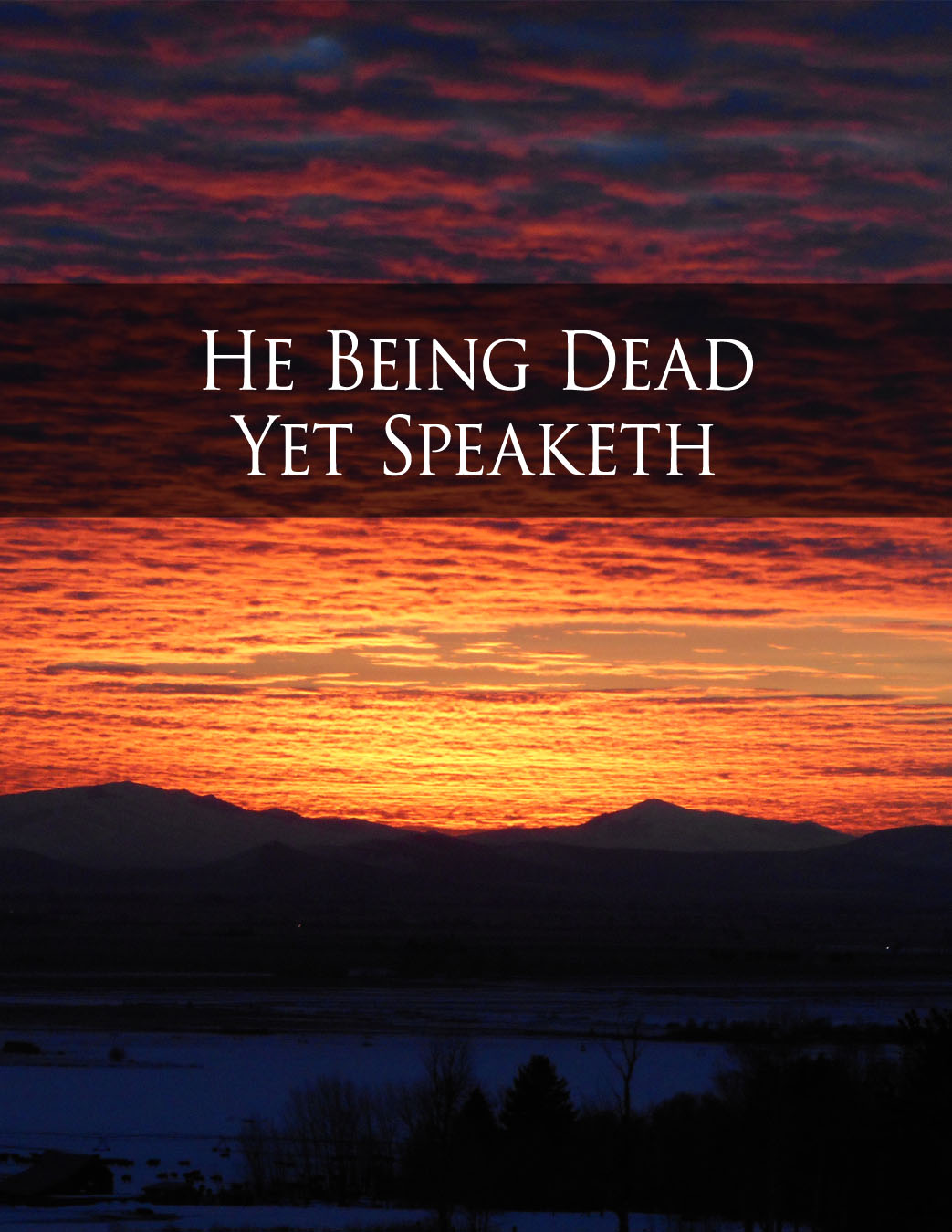Categories: All Articles, He Being Dead Yet Speaketh, Knowledge
Most Interesting Notes from Volume J and K, World Book Encyclopedia
1. Jacksonville, Florida covers a larger area than any other U.S. city except Juneau, Alaska.
2. Japan has more than 150 major volcanoes. Over 60 are active. Japan has about 1,500 earthquakes per year. Japan has the world's largest fishing industry. It has over 400,000 fishing vessels.
3. Kublai Khan sent a fleet to conquer Japan in 1274. They had to withdraw when an approaching typhoon threatened their ships. In 1281 he tried again. He sent a fleet with 140,000 men. A typhoon destroyed the fleet. The Japanese attributed the Mongol's defeat to these "divine winds."
4. The Portuguese were the first Europeans to reach Japan. That was in 1543. Catholic missionaries brought Christianity. The shogun feared that the missionaries might bring European armies, so he put down the Christian movement through persecution and forcing converts to give up their new faith. By 1640 Christianity had almost been eliminated.
5. Thomas Jefferson played the violin.
6. America's first newspaper was published in 1690 in Boston. The colonial government stopped it after one issue. John Peter Zenger founded the New York Weekly Journal in 1733. He was arrested and tried for libel because he criticized the royal governor of New York. The jury found him not guilty because he had printed the truth, and truth is not libelous.
7. The Julian calendar was devised in 46 B.C. to correct the calendar then in use, which was off by three months. Three months were added to the year 46 B.C., making it 15 months long. This was done by order of Julius Caesar. The Julian year of 365 1/4 days was 11 months and 14 seconds longer than the solar year. By 1580 the calendar was 10 days off. Pope Gregory corrected the calendar in 1582 with the Gregorian calendar now in use.
8. Idaho became the 43rd state on 3 July 1890. Wyoming became the 44th state 7 days later on 10 July 1890.
9. Jupiter spins faster than any other planet. Its rotation (or its day) takes 9 hours, 55 minutes. Its orbit around the sun takes almost 12 earth-years. Jupiter may have a rocky core, but it is primarily a gas giant that is 84% hydrogen and 15% helium. The temperature beneath the clouds is very hot, perhaps around 34,000 degrees Fahrenheit. The surface of the clouds is about -236 degrees Fahrenheit. The planet gives off twice as much heat as it receives from the sun. Jupiter has 16 satellites or moons.
10. Henry John Kaiser, born 1882, left school at 13 to go to work. In WWII he attracted national attention for the speed with which he built ships. He ignored the usual method of building from the keel up, and used assembly line methods. His ships were built in sections and welded together in a few days. He became a wealthy industrialist building automobiles, jeeps, and aircraft; and dealt in aluminum, cement, health care, housing, land development, magnesium, and steel.
11. The Tonle Sap River flows from the lake of the same name in Kampuchea (Cambodia) until it joins the Mekong River in southeast Asia. During the monsoon season the river flows in the opposite direction. This is because floods and melted snow from Tibet make the Mekong River rise to a level higher than the Tonle Sap Lake.
12. Kangaroo rats and pocket mice don't need to drink water.
13. The Mammoth Cave system in Kentucky is the longest cave system in the world. The limestone cave is over 300 miles long.
